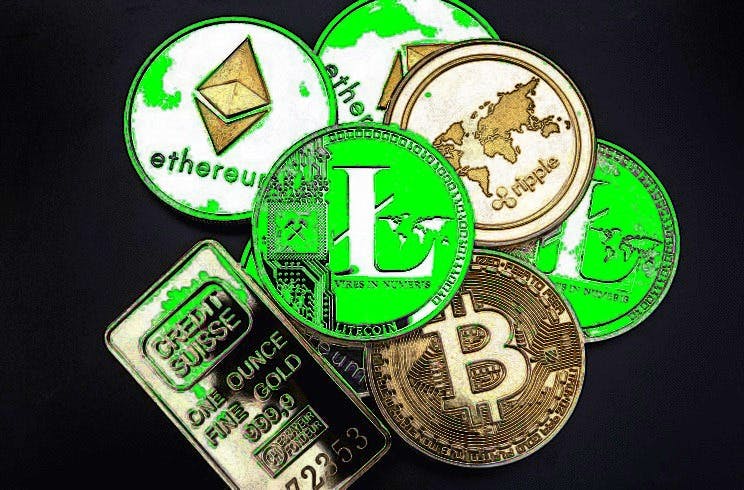501 reads
This Decade, The Masses Will Not Be Able to Avoid Digital Currencies
by
January 24th, 2020

Avid reader of all things interesting to mankind. Futurist, artist, pianist, realist.
About Author
Avid reader of all things interesting to mankind. Futurist, artist, pianist, realist.
